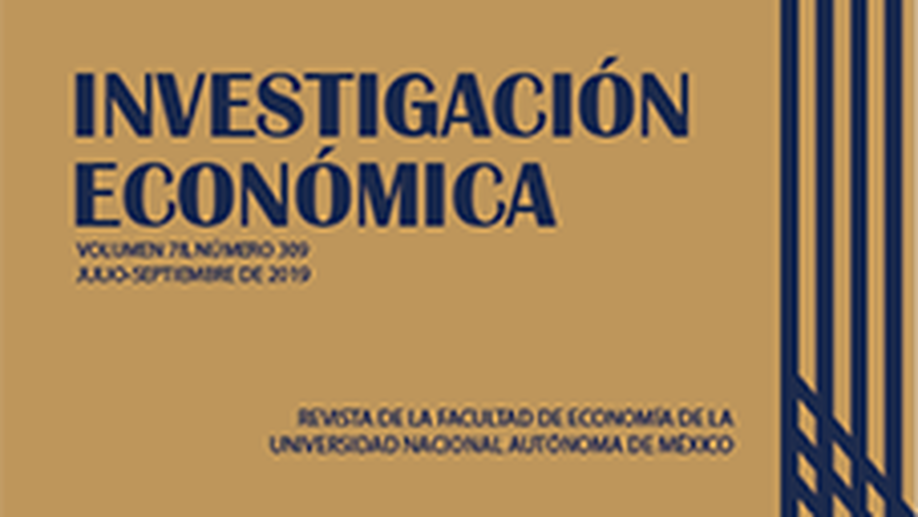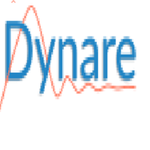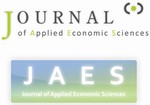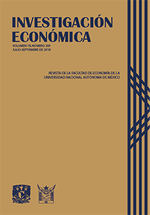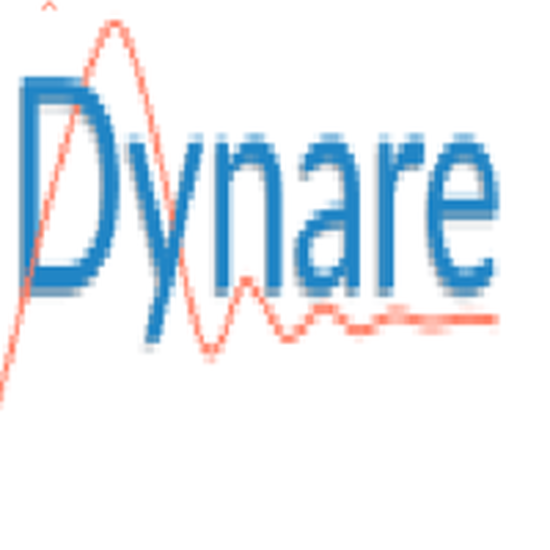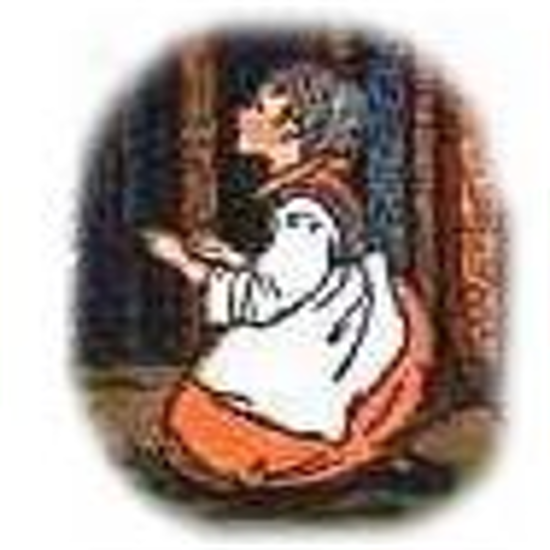Sagiru Mati obtained his Bachelor Degree from the Bayero University Kano, Nigeria and his M.Sc and Ph.D from the Near East University, Northern Cyprus. He currently works at the Department of Economics, Yusuf Maitama Sule (Northwest) University Kano, Nigeria.
Time series analysis, artificial intelligence, statistical software development and reproducible research are his area of expertise. He published articles in Web of Science (SSCI), Scopus and other international journals. He uses Eviews and R Markdown so much that he can program the results of his articles using the Eviews and R programming languages.
He has so far authored three R packages: DynareR, which flawlessly integrates Dynare and R; EviewsR, which allows embedding and running EViews codes from R Markdown documents; gretlR, which facilitates communication from R Markdown to Gretl.
He is the founder of SMATI ACADEMY, which is created for the sake of those interested in learning DYNAMIC and REPRODUCIBLE reports using Eviews programming, R and R Markdown. He is also the co-founder of Foundation of Continental Applied Researchers and Northen Awareness for Virtual Education Initiative.
Interests
- Applied Econometrics
- Economic Integration
- International Trade
- Reproducible Research
- Artificial Intelligence
- Statistical Software Development
Education
Ph.D in Economics, 2020
Near East University.
MSc in Economics, 2014
Near East University.
BSc in Economics, 2008
Bayero University, Kano
